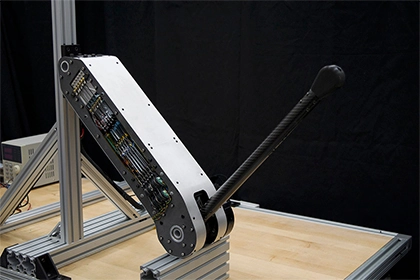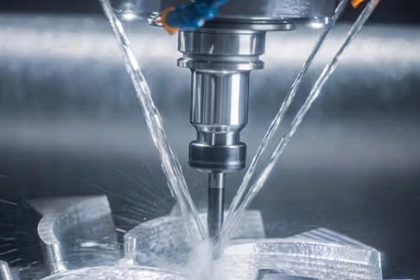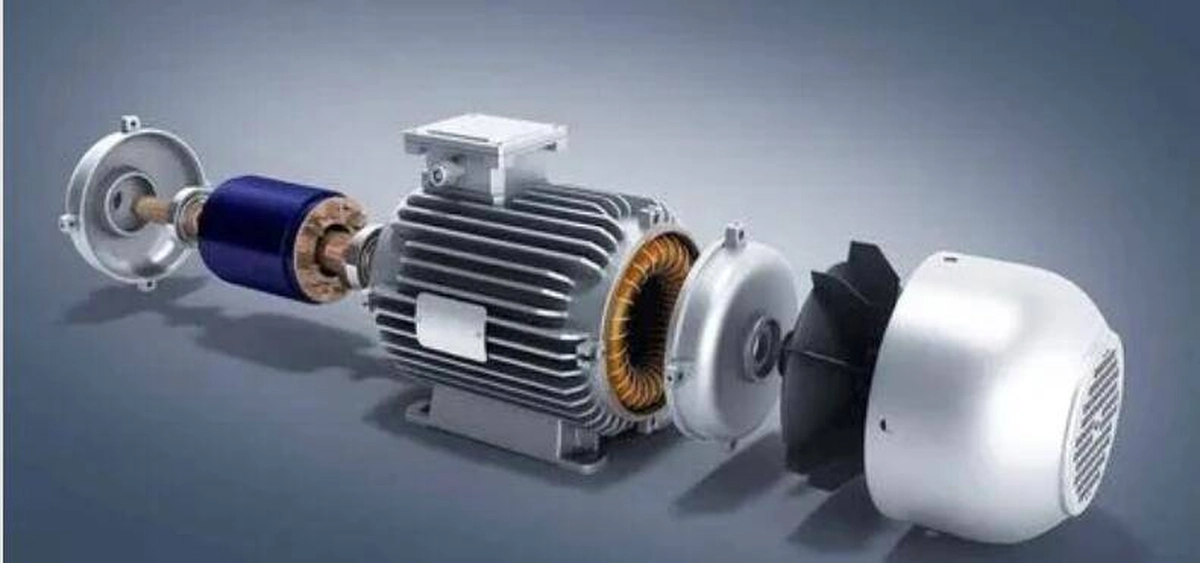Which are the advantages of using high power DC motors?

Using high-power DC motors offers several advantages in various applications. Here are some key advantages:
- High Torque Output: High-power DC motors are capable of delivering high torque, making them suitable for applications that require heavy-duty and high-load operations. They can generate substantial rotational force, allowing them to handle demanding tasks and move large loads with ease.
- Variable Speed Control: DC motors offer excellent speed control capabilities. By adjusting the voltage or current supplied to the motor, the rotational speed can be easily controlled. This flexibility in speed control allows for precise and efficient operation in applications that require varying speeds or smooth acceleration and deceleration.
- Compact Size and High Power Density: High-power DC motors are often designed to be compact and lightweight while delivering significant power output. This high power density is advantageous in applications where space is limited or weight reduction is important, such as in electric vehicles, robotics, and portable equipment.
- Bi-Directional Rotation: DC motors can rotate in both directions, offering versatility in applications that require bidirectional motion. This capability allows for easy reversing of the motor's output shaft, enabling tasks like back-and-forth movements, reversing conveyor belts, or bidirectional control of robotic arms.
- Quick Response and Dynamic Performance: High-power DC motors exhibit excellent dynamic response, enabling rapid changes in speed and torque. They can quickly accelerate or decelerate, making them suitable for applications that require fast and precise movements, such as in robotics, industrial automation, and servo control systems.
- Efficiency and Energy Savings: DC motors can operate at high efficiency levels, converting electrical energy into mechanical power with minimal energy loss. This efficiency can lead to energy savings, making high-power DC motors an attractive choice for applications where energy efficiency is a priority.
- Ease of Control and Integration: DC motors are relatively simple to control and integrate into various systems. They can be easily interfaced with microcontrollers, motor controllers, and other electronic devices. Additionally, the availability of motor control algorithms and technologies simplifies the implementation of speed and torque control strategies.
- Regenerative Braking: Some high-power DC motors can support regenerative braking, where the motor acts as a generator to convert and recover kinetic energy back into electrical energy. This feature is beneficial in applications that involve frequent deceleration or braking, allowing for energy regeneration and improved overall efficiency.
It's important to note that high-power DC motors also have some considerations, such as the need for appropriate cooling mechanisms, the requirement for proper voltage and current handling, and the selection of suitable motor control strategies based on the specific application requirements.

 2024-08-30 16:01:40
Engineering
2024-08-30 16:01:40
Engineering
 2024-07-26 14:09:13
Engineering
2024-07-26 14:09:13
Engineering
 2024-07-18 09:42:00
Engineering
2024-07-18 09:42:00
Engineering